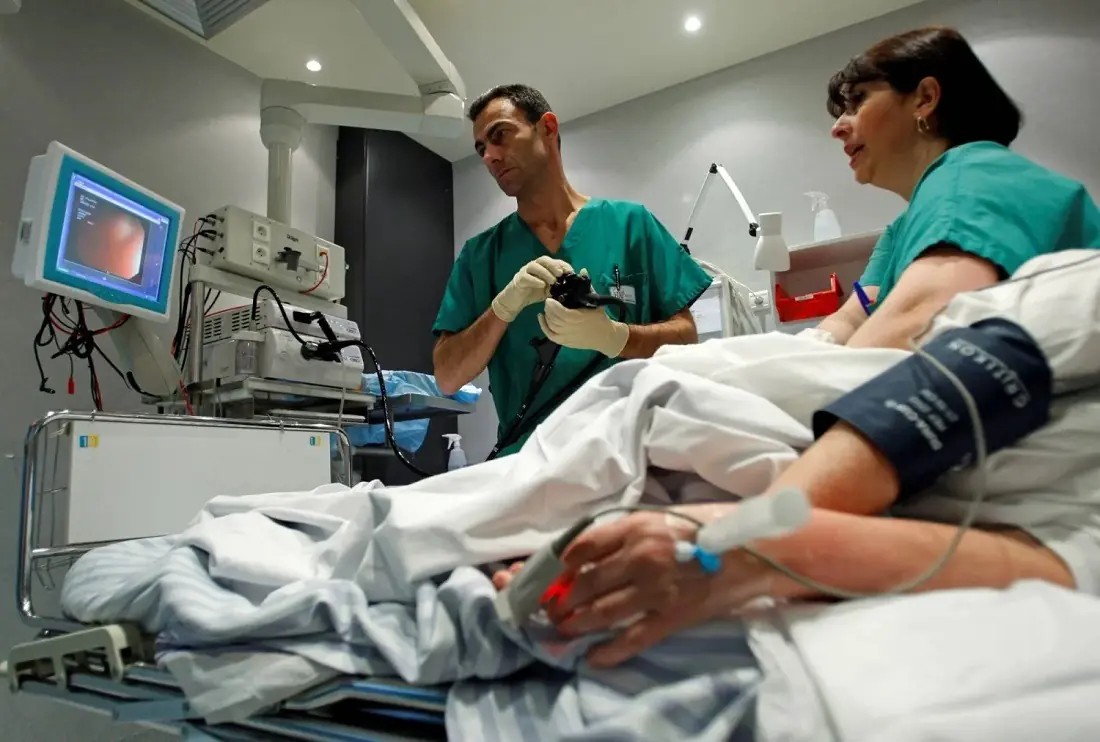Pr:ostate cancer remains one of the most common health threats for men, with one in eight expected to be diagnosed during their lifetime, according to the American Cancer Society. It is currently the second leading cause of cancer-related d:eaths among men, following lung cancer. Despite these alarming statistics, many men survive and live healthy lives thanks to one crucial factor: early detection.

Why Early Screening Matters
Several risk factors influence a man’s likelihood of developing Pr:ostate cancer — including age, family history, genetics, and ethnicity (with African American men at higher risk). Certain factors are beyond our control, but lifestyle choices like diet, weight management, exercise, and avoiding smoking can help reduce risk.
Yet, experts say the most important action men can take is to attend regular Pr:ostate screenings. A new study found that skipping these check-ups could increase the risk of d:eath from Pr:ostate cancer by 45%. Early detection allows for timely treatment, which greatly improves survival rates.
The European Screening Study Findings
The European Randomised Study of Screening for Pr:ostate Cancer (ERSPC) has tracked tens of thousands of men across seven European countries for more than 20 years. Their research indicates that regular Pr:ostate screenings can reduce the risk of d:eath by up to 20%.
However, fewer men are participating in these screenings each year, and researchers are seeing a strong link between declining attendance and increased cancer risk. Data from the Erasmus MC Cancer Institute in the Netherlands revealed that one in six of the 72,460 men studied skipped all screening appointments — and these men faced a 45% higher chance of dying from Pr:ostate cancer.
Lead researcher Dr. Renée Leenen refers to these individuals as “care avoiders”, noting they often neglect other preventative health measures as well. In contrast, men who attend screenings regularly tend to maintain healthier lifestyles overall.

Why Men Skip Screenings
The exact reasons why some men avoid screenings remain unclear, but common explanations include denial, fear, busy schedules, and discomfort with the procedure. Historically, Pr:ostate checks often involved the digital rectal exam (DRE), which some found invasive.
Today, however, the process has changed. The Pr:ostate-Specific Antigen (PSA) test, a simple blood test, has largely replaced DRE as the primary screening tool. By measuring PSA levels in the blood, doctors can detect potential Pr:ostate issues early — all from a quick blood sample.

New Advances in Detection
Modern screening methods now include MRI scans and biopsies, which improve diagnostic accuracy without unnecessary discomfort. These advancements make early detection easier, faster, and more precise.
The Bottom Line for Men’s Health
Pr:ostate cancer is highly treatable when caught early. Skipping screenings can silently increase your risk, while taking just a few minutes for a PSA test could save your life. If your results are negative, you gain peace of mind for another year. If positive, you have the advantage of acting early with more treatment options available.
Health experts stress that there is nothing to lose — and potentially everything to gain — by making Pr:ostate screenings part of your routine health check-ups.



